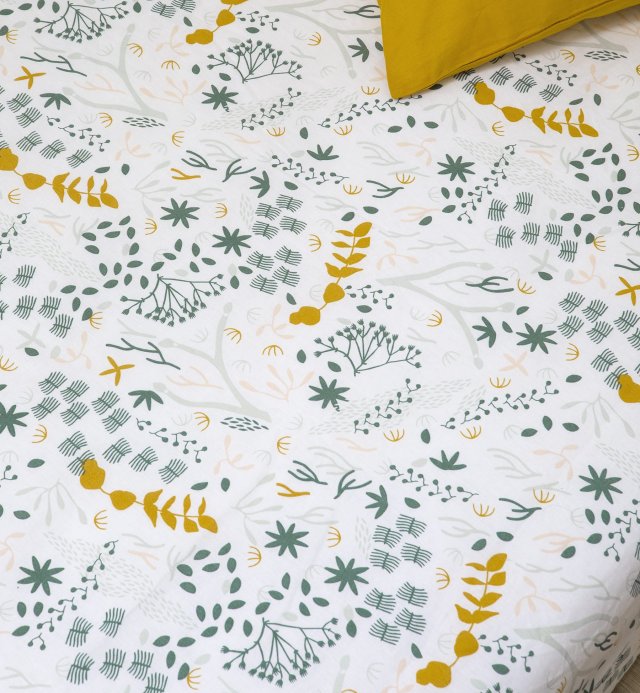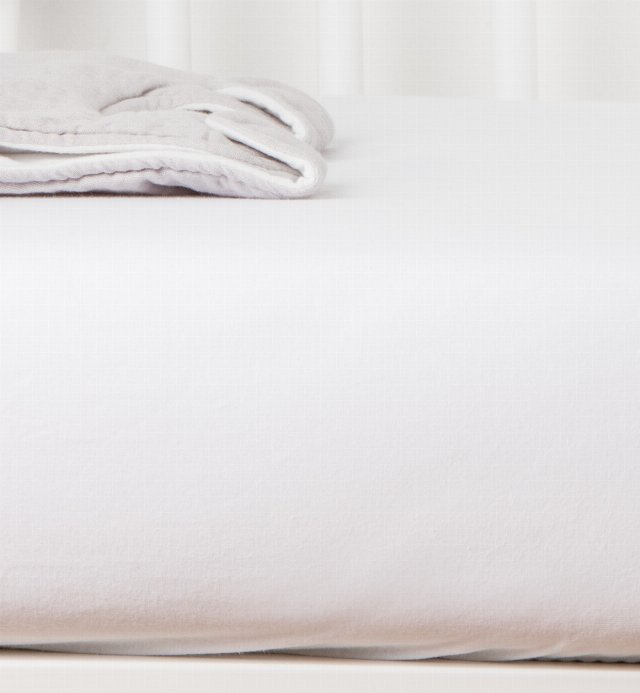The pacifier often causes a real dilemma for parents. Often against before having children, young parents often give in to buying a pacifier to calm their newborn's cries. Stop feeling guilty, we will see how the pacifier can soothe children and facilitate their sleep, provided that it is used sparingly.
Is it advisable for children to sleep with a pacifier?
The sucking reflex is very important in babies. For some newborns, when other methods have failed, the use of a pacifier helps calm anxieties thanks to the endorphin (well-being hormone) that is secreted during sucking. It helps stop crying and makes it easier for babies to fall asleep.
The pacifier also plays a role in the quality of sleep: it facilitates soothing and the acquisition of day/night rhythms. Sucking babies would be able to go back to sleep at night earlier than others and to space out their nightly meals.
There is no problem sleeping with a pacifier. If it falls out during the night, don't rush to put it back in your child's mouth, some need it only to fall asleep and don't keep it all night, and that's fine!
The unsuspected advantages of the pacifier
Many scientific studies claim that sleeping with a pacifier reduces Sudden Infant Death Syndrome (SIDS). Studies such as the one conducted by the American Academy of Pediatrics show how the pacifier stimulates the development of neural connections that control the upper airway, reducing the risk of SIDS by up to 90 percent.
In addition, sucking improves blood pressure and heart rate control.
Pacifiers also help reduce colic and make babies prefer to sleep on their backs, one of the positions most recommended by pediatricians.
If you want the best for your baby, make his crib his favorite place with sheets that are free of harmful chemicals. Choose Organic Cotton sheets and sleeping bags that are OEKO-TEX® certified and ensure a healthy and natural sleeping environment for children.
The disadvantages of the pacifier
It is advisable not to offer the pacifier during the first days after the birth of the child, especially if you want to breastfeed. When offered too early, the pacifier can compromise the success of breastfeeding, because if the child prefers to suck on the pacifier rather than the breast, milk production will be slowed down.
The use of pacifiers during sleep is not a particular concern, but its use should be limited to the night. Indeed, using a pacifier throughout the day can lead to deformation of the teeth and speech difficulties. Despite the efforts of manufacturers who try to design more and more ergonomic pacifiers, it still remains a foreign body in the child's mouth.
It can lead to psychological problems, in fact, giving the pacifier every time baby cries means offering him solitude rather than listening to his parents. It then plays a role of bulwark against the outside world, which can lead to a delay in development and communication difficulties.
Tips for optimal use of the pacifier for baby
It is important to respect some rules of hygiene and common sense when using a pacifier:
First, clean and disinfect the pacifier with hot water.
Do not hang the pacifier with a string in the bed as this increases the risk of strangulation.
Always use the right size. If in doubt, your pediatrician or pharmacist can tell you the right size for your child's age.
Choose pacifiers with a perforated ring that do not interfere with breathing.
Between the ages of 2 and 4, the vast majority of children naturally stop using pacifiers, but it is also true that some children have difficulty giving them up. Don't hesitate to congratulate your child every time he or she manages to do without one.














Leave a comment